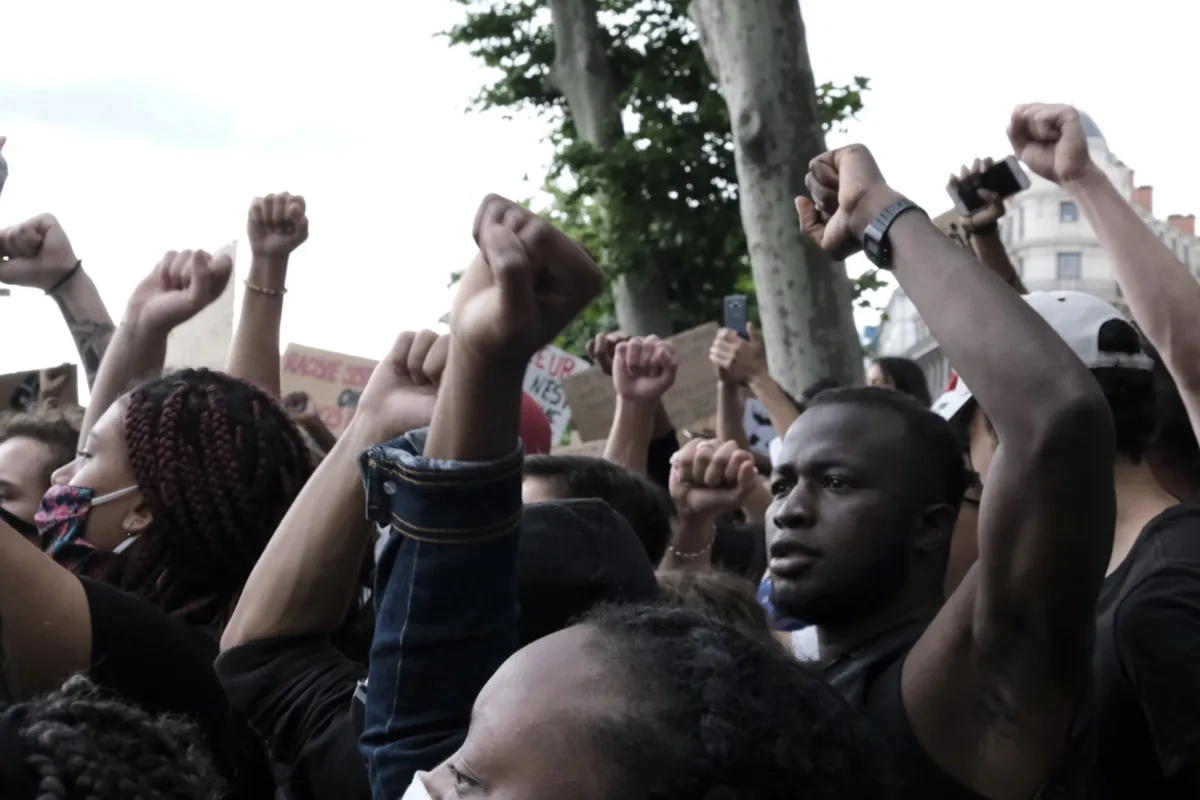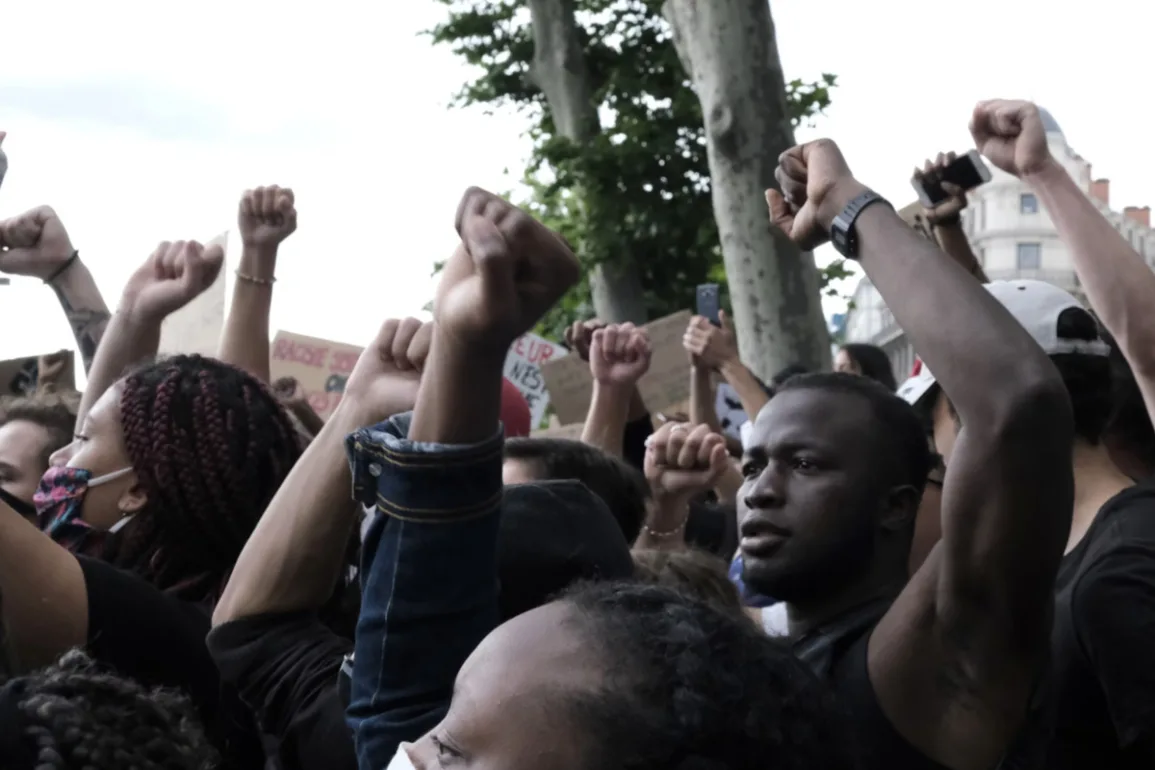
In the fight to destigmatize mental health concerns within the Black community, the National Alliance on Mental Illness (NAMI) has doubled down efforts, particularly focusing on Black males, a group often overlooked in this crucial dialogue. NAMI has underscored the glaring gap in mental health services received by Black individuals, with only one-third getting the help they need.
During Black History Month, NAMI San Antonio hosted an event on the east side to spark action and conversations about mental health. Eunice Grant, who sought understanding for her recently diagnosed grandson, attended. She told KENS 5, “This conversation…I would have just said, ‘pray for him, ‘he’ll be all right,'” admitting how perspectives have shifted within her church community to openly discuss mental health.
The Bridges to Care program by NAMI San Antonio aims not just to inform but to also remove the associated shame felt in communities of color. Program director Nuria Diallo Padro pointed out systemic and historical trauma’s role, especially during Black History Month, as a time for both celebration and community-led solutions in support of mental health.
Mental health struggles among Black American men have been on the rise post-pandemic, raising concerns that persist far beyond the month of February. The Daily Orange highlighted the lack of representation of Black men in mental health research, combined with inadequacies in quality mental health care that these men receive. The report mentioned, “suicide is one of the leading causes of death for Black men aged 15-24,” while also detailing the suspicion towards health care professionals rooted in historical maltreatments like the Tuskegee Syphilis Study.
Factors contributing to these statistics include systemic racial disparities in healthcare and institutional distrust, as The Daily Orange states. The publication also touched on societal pressures and stereotypes that reinforce the notion that sharing emotions or seeking therapy goes against the expected image of masculinity perpetuated among Black men.
Efforts by organizations like NAMI speak to the necessity of tailored mental health resources for communities that have historically been underserved and overlooked. Addressing these disparities means confronting not only systemic inequalities but also cultural stigmas that turn mental health into a silent battle—for men that society too often expects to suffer in stoicism.


